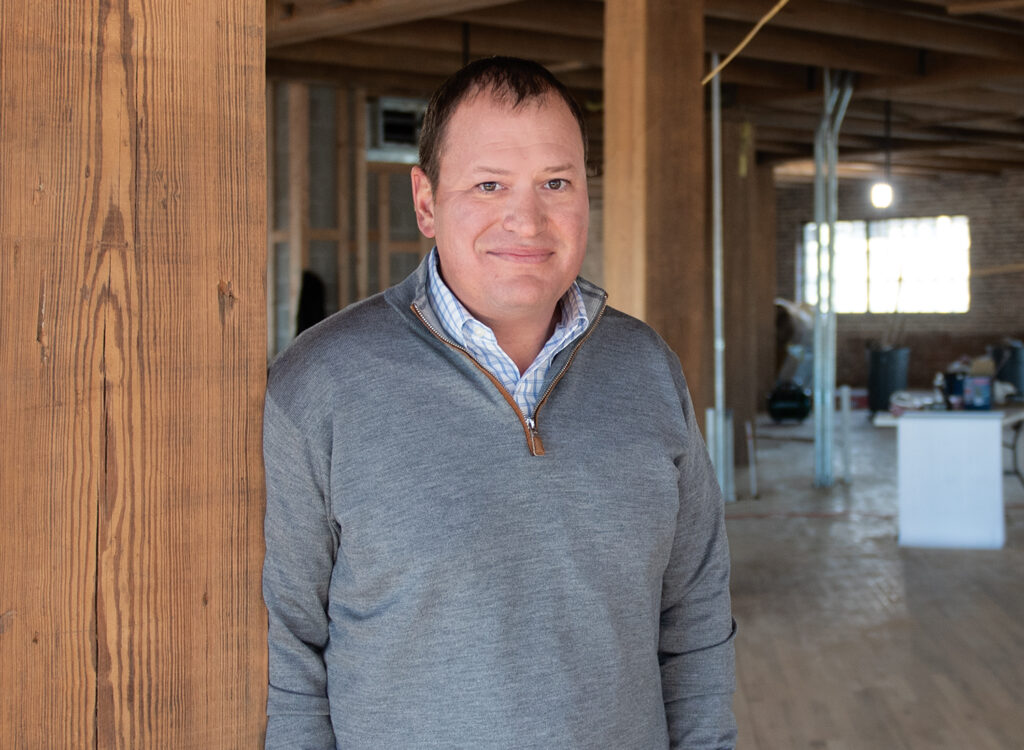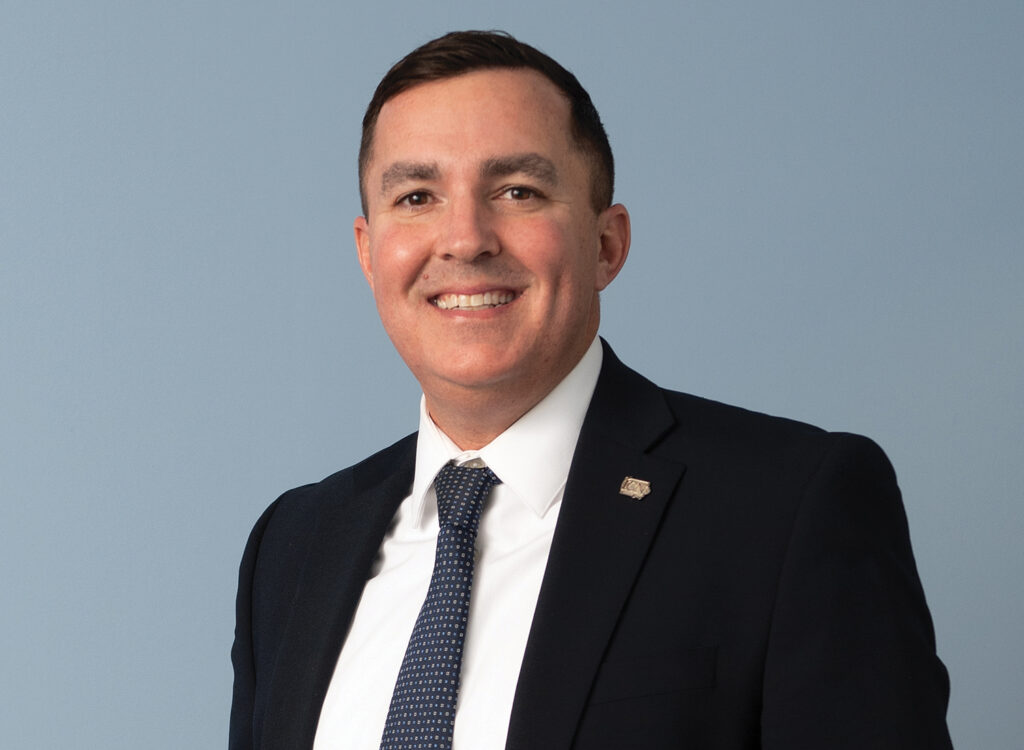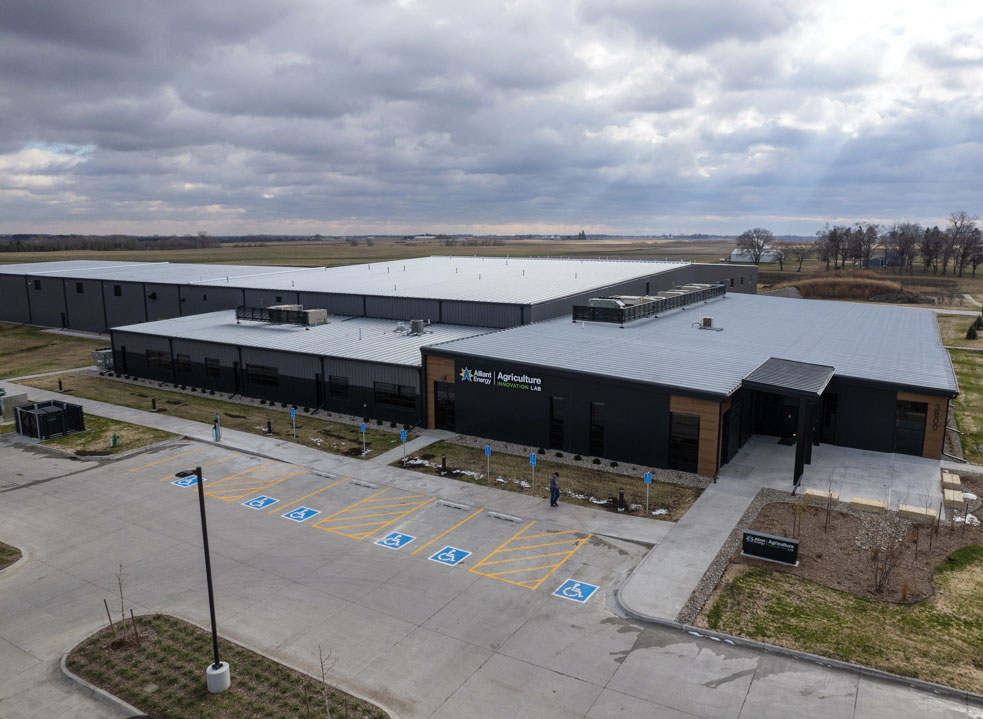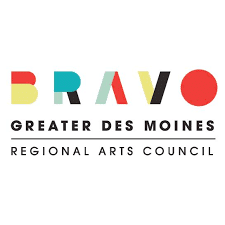Restaurants, city and festivals in talks over effect of street closures

MICHAEL CRUMB Apr 26, 2022 | 6:31 pm
5 min read time
1,289 wordsArts and Culture, Business Record Insider
Talks are continuing among some downtown Des Moines restaurant owners, the city and festival organizers about what the restaurant owners say is the negative effect weekend festivals have on their business.
With multiple festivals scheduled in downtown Des Moines between May and October, many of them in the Western Gateway neighborhood, restaurant owners say the events block off streets and limit access to their establishments during some of their peak hours – hours that have become even more critical with fewer people coming in for lunch during the week as they continue to work from home.
Restaurant owners are emphatic that they are not anti-festival but instead want to work with the city and festival organizers to find a way for everyone to successfully coexist without chipping away at their revenues.
“I want to stress that we are really supportive and proud of the festivals … and just want everyone to recognize that that’s having an impact and that the businesses are being asked to sacrifice their livelihood to benefit these events,” said Paul Rottenberg, owner of Centro, Django and South Union Bread Cafe.
The suggestion that the events, which often involve food, drive people into the restaurants is incorrect, he said.
“The notion they do anything to enhance the businesses that are around them is in error,” Rottenberg said. “People don’t go to the World Food Festival to eat at Centro.”
Discussions among the groups started in 2018-19 but were put on hold when festivals and events were canceled in 2020 because of the coronavirus pandemic. Talks resumed earlier this year after events began to return in 2021.
The biggest sticking point for restaurant owners is the closing of Locust and Grand avenues and adjacent streets, shutting off two main arteries into and out of downtown Des Moines.
“Those of us who have businesses in that space and benefit from traffic that goes through that space suffer the economic consequences,” Rottenberg said.
Neil Salowitz, a former partner in Proof, located on the corner of 13th and Locust streets, said there is a misconception that the events drive people into local downtown restaurants.
“The argument that people will come down and patronize our restaurants, we don’t find that to be the case,” said Salowitz, who is still involved in the operation of Proof as a director of special projects. “People who come to festivals eat festival food, and that doesn’t help our business in any way.”
Salowitz echoed Rottenberg’s support of the festivals, but said more needs to be done to find a way for both to operate successfully.
“Festivals are what make Des Moines Des Moines,” he said. “What we’re saying is work with us so that festivals benefit everyone and don’t act as a detriment to a group of business owners in Des Moines. We’re not anti-festival.”
Chris Diebel, owner of Bubba, said the street closures often begin as early as Thursday as events begin to set up. Restaurants bear the brunt of the extended street closures, which discourages non-eventgoers from traveling downtown, he said.
“If this was only happening once or twice a season, area businesses would be willing to take a short-term hit,” Diebel said. “However, the sheer volume of festivals in the Western Gateway between May and October has become untenable.”
He said restaurants make 60% of their revenue Friday through Sunday, and the street closures shut off access on those days.
“To make matters worse, weekday traffic has slowed considerably now that remote work options are the norm for most downtown employers,” Diebel said.
Restaurant owners did not provide financial data displaying the effects the festivals are having on their businesses, but they said anecdotally they see significantly fewer customers during those weekends.
The restaurant owners say they would like a serious discussion about how both restaurants and the festivals can be accommodated.
Suggestions include not closing both streets, creating two-way traffic on one of them while closing the other, and better notification and directions for people to follow on festival weekends, helping them to better navigate the street closings.
They would also like the city and festival organizers to explore possible options for relocating some of the festivals to other areas, such as Water Works Park or the Global Plaza that will be built adjacent to the Pro Iowa Soccer Stadium south of Martin Luther King Jr. Parkway.
Mickey Davis, executive director of the Des Moines Music Coalition, which hosts the 80/35 music festival, said the group is committed to the continued conversation to ensure growth for both festivals and downtown businesses.
“80/35 is a nonprofit festival dedicated to supporting the cultural scene of Central Iowa, and we are committed to ongoing dialogue with our neighbors and partners to create a successful festival,” he said. “The success of downtown Des Moines – and the restaurants and businesses located here – is essential to a thriving cultural scene.”
Joe Gonzalez, executive director of the Iowa Latino Heritage Festival, said the festivals want to work with everyone to ensure all parties are successful.
He said festivals could do a better job of promoting local restaurants and directing customers to them on festival weekends, and that restaurants could maybe offer specials on those weekends to bring more people in their doors.
“The festivals and business owners are looking at how we can coexist and support each other,” Gonzalez said. “We do bring a lot of people down there, and we’re trying to figure out how to get folks to also visit those surrounding businesses.”
The Iowa Latino Heritage Festival brings about 20,000 people to downtown Des Moines.
Gonzalez said better signage directing traffic around street closures is another possible solution, as well as possible changes to traffic patterns on those weekends.
He said that festivals are always looking at options for putting on their events, and that his group is looking at the Global Plaza site once it’s developed. But he acknowledged that will be at least a couple of years down the road, so short-term solutions will need to be found.
“We’re trying to work together … to figure out everything to not have as much of an impact,” Gonzalez said.
Jen Schulte, assistant city manager and governmental relations director for the city of Des Moines, said the city is “empathetic to every entity, whether it be a business or a festival.”
The goal of the meetings between the city and stakeholders is to find a way everyone can work together and be successful, she said.
“The festivals are a wonderful thing for our community and we certainly want our businesses and restaurants to thrive, so it’s a balance, but I think they can both work together cohesively,” Schulte said.
While options are being discussed, each festival has unique needs, creating logistical challenges for some of them if other locations are considered, she said.
“Some sites don’t have access to bathrooms or lighting, some aren’t big enough,” Schulte said. “That’s the unique challenge. How do we have these things commingle with each other? How does a festival route people downtown and benefit the businesses? And so it’s a unique walk that the city and the businesses and the festivals have to do. We have to be cognizant of that and figure that out.”
Schulte said it’s unlikely any changes will be made for 2022.
The city’s economic development team has talked to the Krause Group about developing the Global Plaza in a way that could handle some of the events currently located in the Western Gateway neighborhood, she said.
Until then, the conversation about options will continue, Schutle said.
“Our downtown thrives with those festivals, we want to make sure they feel welcome,” Schulte said. “They bring a lot to the city.”









